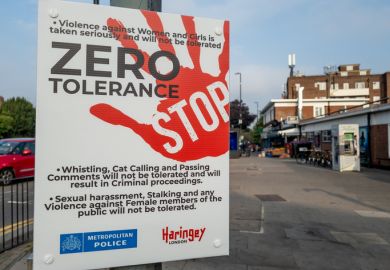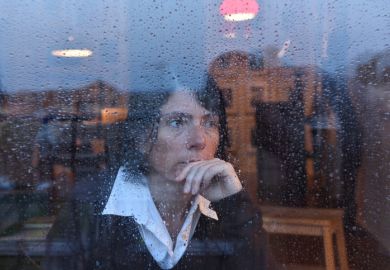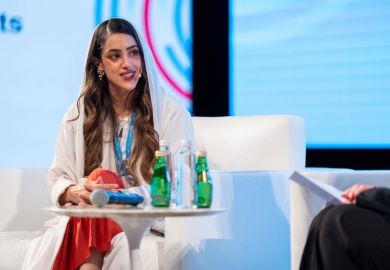Attempts to “girlify” engineering have failed, it has been claimed, as a new report shows the number of women studying the subject at undergraduate level continues to fall.
Analysis by the National Centre for Universities and Business (NCUB) reveals that females accounted for only 14 per cent of engineering and technology graduates in 2012-13, having dropped from 14.6 per cent two years ago and from 15.7 per cent in 2002.
The trend will have to be arrested if the government is to meet its 30 per cent target by 2030, the NCUB said.
The figures do show the proportion of female postgraduates studying engineering and technology subjects was up to 23.2 per cent in 2012-13, compared with 19.3 per cent in 2002, and therefore well on its way towards a target of 25 per cent by 2030. But even this progress fell short of the dramatic 9 per cent increase in the number of girls studying GCSE physics over the same period.
According to Olivia Jones, a chartered engineer and the manager of NCUB’s Talent 2030 project, something about the way engineering is talked about is “pushing women away”.
Writing on the organisation’s blog, she says marketing has tried to challenge perceptions that the discipline was masculine, boring and “a bit nerdy”, and has instead aimed for “girlification” – by using pink in prospectuses or highlighting the science of lipstick, for example.
But Ms Jones says the solution cannot be to “dress it in pastels and pretend it doesn’t involve maths”, arguing the last way to engage women in the subject was by “patronising them with fluff”.
“Young women don’t have an innate dislike for engineering because when you emphasise the creative, people-based problem-solving and environmental aspects of engineering they start to see the appeal,” Ms Jones writes.
“We have to stop treating engineering like a hated vegetable, to be snuck in under a thick coating of sickly sauce, and talk to girls about engineering honestly and in a way that they conveys how relevant and exciting it actually is.”
NCUB has highlighted a series of women engineers as Talent 2030 “heroes” in a bid to inspire would-be students.
It has also launched a competition for secondary school girls, encouraging them to devise new solutions to the world’s challenges.
Register to continue
Why register?
- Registration is free and only takes a moment
- Once registered, you can read 3 articles a month
- Sign up for our newsletter
Subscribe
Or subscribe for unlimited access to:
- Unlimited access to news, views, insights & reviews
- Digital editions
- Digital access to THE’s university and college rankings analysis
Already registered or a current subscriber?




